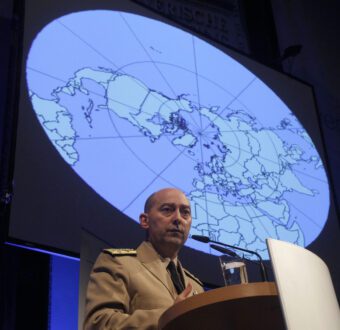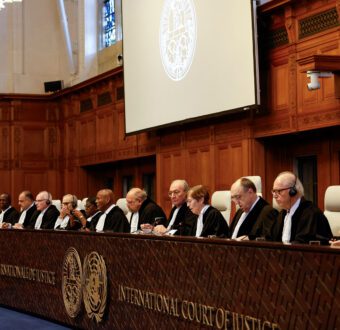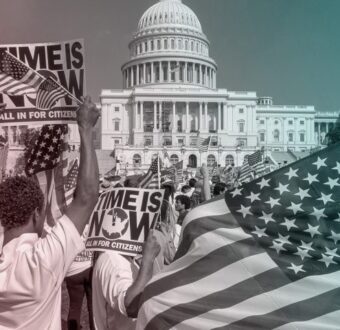In Afghanistan, exit is only ‘responsible’ option

By Mark Hannah, Senior Fellow
This article appeared in The Hill on February 25, 2021.
Pentagon officials recently questioned whether they would follow through on America’s commitment to withdraw all combat troops from Afghanistan by the May deadline set by the recent U.S.-Taliban agreement.
A week later, a bipartisan group of experts urged President Biden to postpone the exit. But failure to stay the course on withdrawal would be a dangerous mistake in terms of politics and policy. In negotiating an agreement to end this long and futile war, the Trump administration handed Biden a gift. It laid the groundwork for the Biden administration to do something both popular and wise.
You might think issues of war and peace ought to rise above cynical political calculations. But in a democracy, politics and policy are inseparable. In fact, this aimless war persists largely due to politics. No president wants to be the one castigated by critical cable news channels or historians for the Taliban’s resurgence (it’s already resurged) or for abandoning Afghanistan in the midst of a civil war (it had been in the middle of a civil war when the U.S. first invaded).
The Biden administration’s internal polling may well tell them what a survey by my organization shows — that six times as many Americans support the U.S.-Taliban agreement as oppose it, and support for staying in Afghanistan has plunged in the past year. But the top policymakers also know that, confronted by the economic and health consequences of a pandemic, most Americans simply aren’t paying too much attention. The human costs of the war are shouldered by the small sliver of the population in uniform and the financial costs are kicked to the next generation via the national debt. The war in Afghanistan has become as obscure as it is unpopular.
Read more of Mark’s article in The Hill.

Written by Mark Hannah
Mark is a senior fellow with the Independent America project at the Institute for Global Affairs and host of the podcast, None Of The Above.
Read more from Mark
This post is part of Independent America, a research project led out by IGA senior fellow Mark Hannah, which seeks to explore how US foreign policy could better be tailored to new global realities and to the preferences of American voters.













